WordPress tells me that this is my 100th blog post so I wanted to make it a special one. One of the topics I haven’t written about yet is breastfeeding. This is because it’s a highly emotive subject, certainly for me and many others, and it’s one of those topics that everyone has an opinion about but I’ve decided to take the plunge. I’m saving my breastfeeding journey for later but today I’m publishing a post that I hope will be useful to both expectant and new parents and that will also be an interesting read for others.
I was thinking of everything I’ve learnt about breastfeeding over the last six years, as a mother, as a peer supporter, as a Breastfeeding Counsellor and now in my current NHS role. Information and facts, and then I’ve learnt so much from just observing and talking to mothers, so I thought I’d put together a list of the ten things I wish I’d known about breastfeeding before my babies were born.
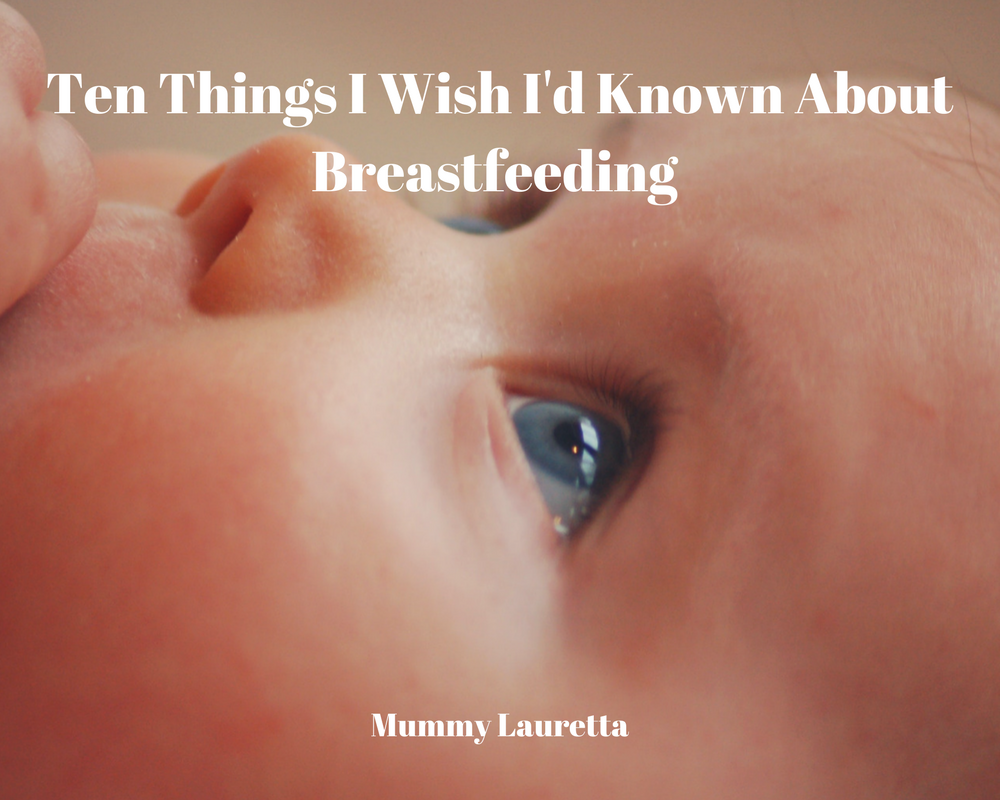
1. It’s all about the hormones
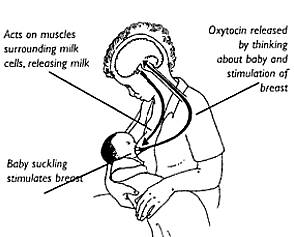
Oxytocin or “The hormone of love” is the most important hormone in breastfeeding as well as in labour and birth. It enables the let down of the milk but can be inhibited by adrenaline “the stress hormone”. The fact that I had a prolonged and premature labour which ended in a c-section and my babies going to the neonatal unit meant that I didn’t get that initial skin-to-skin time with my boys and so my oxytocin levels were low. The problem was that I didn’t know about the hormones and no one explained to me, so although I was aware of the benefits of skin-to-skin I didn’t understand the science behind it and how I could help myself to relax and reduce my stress.
The hormone prolactin is also very important as that is the one that produces the milk and I wish I’d known that if feeding is delayed or doesn’t get off to a good start, prolactin receptors in the breast will not be switched on and may affect milk supply in the long run.
2. The terms foremilk and hindmilk are very misleading

There is no switch in the breast which flips in the middle of a breastfeed to change the foremilk (the more watery milk) to hindmilk (the fatty milk). There’s a great blog post on this which explains it brilliantly. I wish I’d known that the fat content in breastmilk increases slowly through the feed so even if your baby has a short feed they will still be consuming some fat. If you’re interested in this, you can also find out more in this article on Nancy Mohrbacher’s website.
3. The length of a feed can vary greatly
The average breastfeed for a newborn should be between 20 to 40 minutes but not all breastfeeds will be this length. If, as recommended by UNICEF, you practise responsive feeding which means looking out for baby’s feeding cues and for when they are full, depending on whether your baby is very hungry or just wants a quick snack, the length of time your baby is at the breast may be very different. Also, most babies cluster feed in the evenings which means that they can feed almost non-stop for a few hours, putting a few feeds together,hopefully meaning they will have a good sleep before they wake up in the night for the next feed. As long as baby is feeding 8-12 times in 24 hours and is having about 5-6 wet nappies and 2 dirty nappies a day, then this is okay. You can read more about how to know if your baby is getting enough milk here.
4. There’s no need to sterilise nipple shields, breast shells or expressing equipment after every use
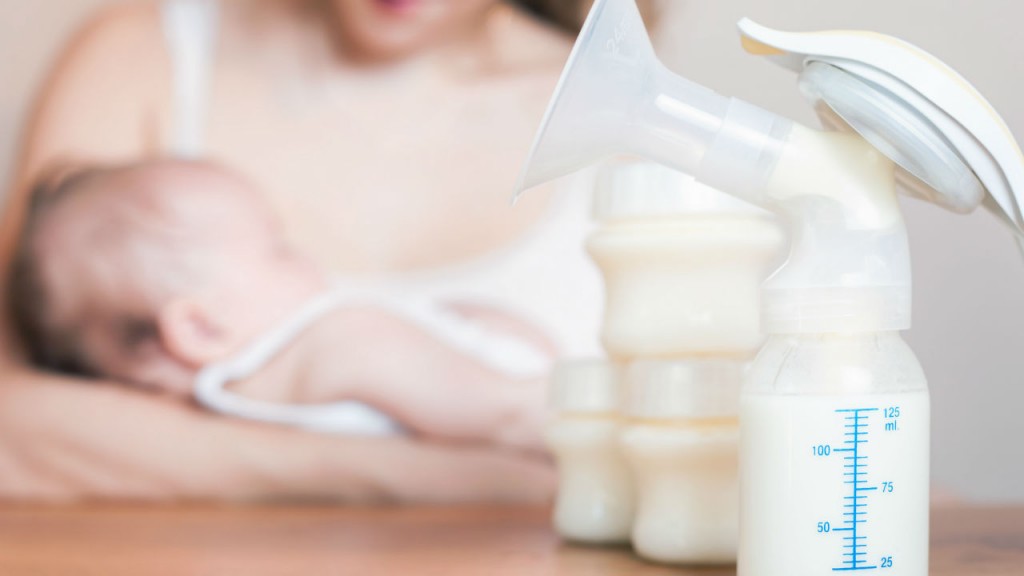
Because I had premature babies and was combination feeding, I got into the habit of sterilising every bottle and nipple shield after every use, but if you are exclusively breastfeeding and/or using nipple shields/shells etc and your baby is healthy, then you can sterilise the equipment before the first use and then at least once a week. The rest of the time, it can be washed with hot soapy water.
5. There is a way back to exclusive breastfeeding after introducing formula top ups
If breastfeeding is slow to get going and your baby loses more than 10% of its weight on day 5 and you need to introduce formula tops ups because you are struggling to produce/express enough milk then it’s important to do so in order for your baby to put weight back on. It’s important to get support at this time and if you wish to carry on breastfeeding and to get back to exclusive breastfeeding, know that there is a way. After baby is back to birthweight and is breastfeeding more regularly and for good periods, if your midwife or health visitor says it is ok to do so, gradually reduce the amount of formula being given over a week or so whilst continuing to monitor baby’s weight. I wish I’d asked for more support in order to reduce my boy’s formula top ups.
6. Asking for support more than once doesn’t mean you are weak

I was very aware of how stretched the maternity staff were (see this post) when I had my boys and I felt very self-conscious. I was a new parent, struggling after a difficult birth and I didn’t want to bother people. I was so lucky to have a lot of support from family and friends but I wish I had asked for more health professional support.
7. The first six weeks are the hardest but most important
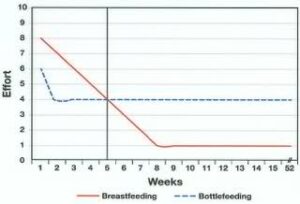
I love this graph showing the difference in effort between breastfeeding and bottlefeeding. Breastfeeding can be so tough in those early weeks but it does get easier. Having a good support network is key. Call someone if you are having problems. Don’t suffer on your own. If you attend antenatal classes, the support of other group members can be invaluable. Just having people in the same position as you, going through the same transition to parenthood is incredibly reassuring.
8. Your milk coming in can be delayed
Usually a mother’s milk comes in around day 3. They may experience their breasts becoming fuller and warmer as there is extra blood and lymph fluid being directed there. The milk is transitioning from colostrum to mature milk and being produced in bigger volumes. For some women this can be delayed until day 4 or 5, usually if they have had a c-section or lost a lot of blood during the birth. I wish I had known this was normal and nothing to worry about.
9. You may feel guilt no matter how you feed your baby and when you stop
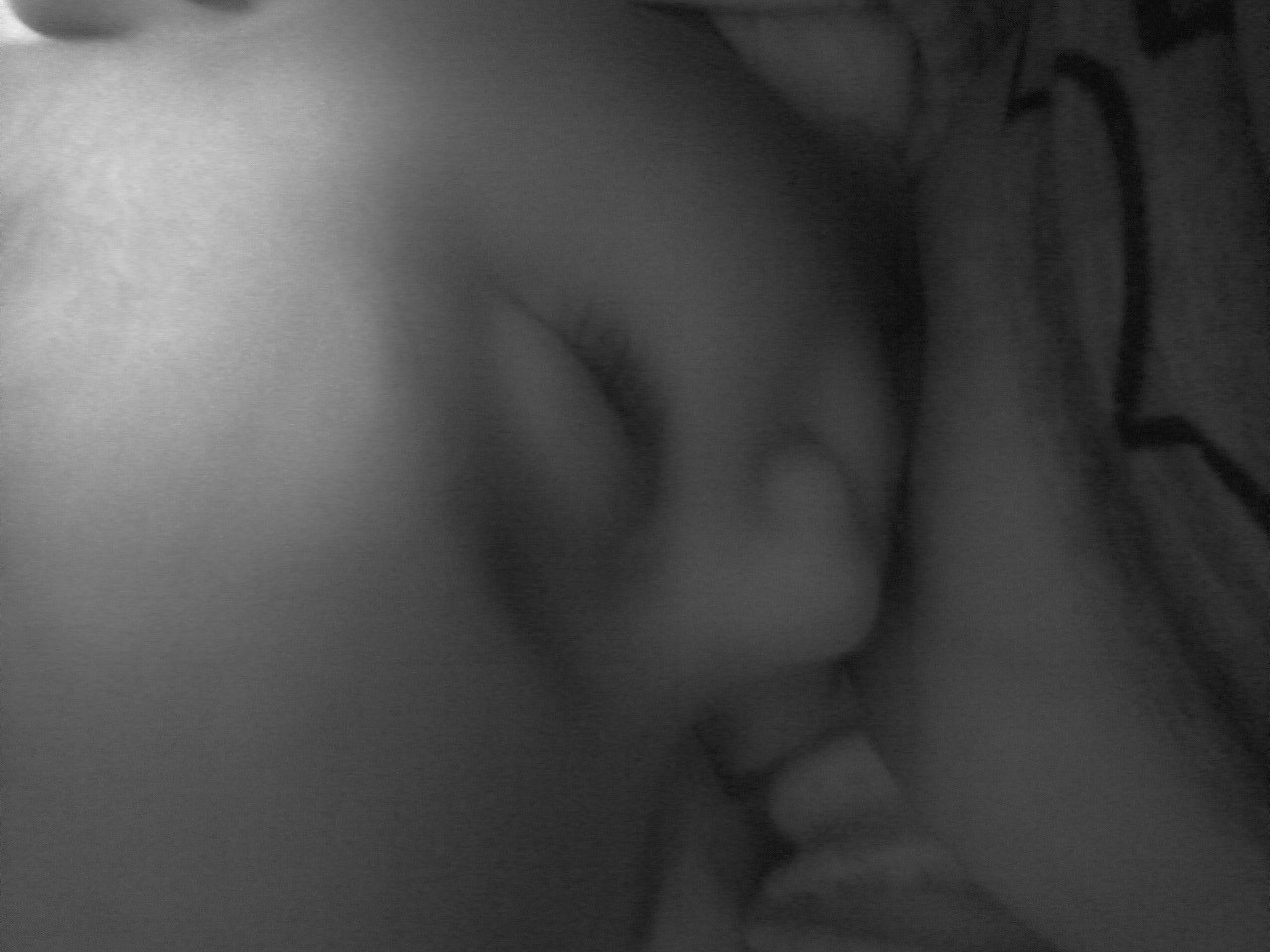
This grainy photo was taken on my old phone and is one of only 3 or 4 photos I have of my boys breastfeeding. I still have so much guilt around my breastfeeding journey, although I am in a good place about it now. I wish I had cherished the moment more, tried harder, fed them for longer, not been embarrassed to feed them in public. These are just a few of my thoughts.
10. Expressing can take a lot of practice – this brings us full circle back to number one – it’s all about the hormones.
Don’t be disheartened if it takes you a while to get the hang of expressing and getting good amounts. The amount you express is in no way an indication of how much your baby is getting. There are mothers that exclusively breastfeed their babies and struggle to express an ounce and this is because they find it difficult to trigger their letdown i.e. the oxytocin release, when their baby is not around. Some mothers express while they are feeding as the letdown works in both breasts. Unfortunately this wasn’t an option for me as I tandem fed my boys so I had to do it between feeds. It took me weeks and weeks to get good amounts and build up a supply in the freezer and this was very tiring. For guidelines on breastmilk storage see here and if you are soon returning to work and wondering how you will be able to continue breastfeeding click here for a great guide on breast pumping at work.
So those are my ten, but I wanted to hear from others too so I asked some fellow bloggers what is the ONE thing you wish you’d know about breastfeeding before you had your babies:
Lottie from The Haymans said: That your bond with your children will be the same even if you formula feed one and breastfeed the other.
Amy from A Mum Full of Dreams said: That breastfeeding isn’t the reason some babies don’t sleep through. Most babies don’t sleep through! I stopped at 6 months, with the main reason being that he would not sleep longer than an hour at the time. It made no difference and caused me a lot of psychological pain (and physical) when I stopped.
Bella from Documenting The Drews said: I absolutely love breastfeeding but it was very hard to start off with. I wish I had known that it shouldn’t hurt a lot to begin with. I was told it was normal but I was excruciating pain because she had a bad latch and tongue tie. I wish I had known that it wasn’t meant to hurt that much.
Naomi from Not a Perfect Parent said: I’m a Breastfeeding Peer Supporter and the amount of times new Mums come along to groups and say that they’ve been told that their baby is held too much/feeds too much! When actually it is 100% normal! I know that I kept worrying that my daughter fed too much when she was first born. I’m due baby number 2 in just over a week and already I keep reminding myself that the baby will be constantly cluster feeding the first few weeks/months!
Georgina from Gee Gardner said: It can be normal to hate breastfeeding. I’ve breastfed for about 7 years over 2 kids and I’ve never liked it. I have breastfeeding aversion and D-MER. I wish I had known that those two things existed sooner. I felt even worse thinking I was the only person who wasn’t getting that lovely rush of oxytocin filled love at every feed and instead I felt like my skin was crawling.
Adam from You’ve Got All This To Come said: I genuinely wish there was more advice for dads on how to be supportive. Both times my wife has really struggled (very early days with this one though, literally!) and it’s difficult to know what to say to help her stay positive. Also it isn’t something that I feel is my place to talk about at times.
Hayley from Devon Mama said: That it can be months before you hit your stride with it. It took us about three months before it was ‘easy’; both of you have to learn, your body has to adjust and you have to find your confidence.
Helen from Natural Beauty With Baby said: That we don’t just stop at a pre-defined age like 12 or 18 months, and it’s such more likely that natural term weaning will occur when we’re both ready.
Abi from Something About Baby said: That feeding a second child won’t necessarily be as easy as feeding your first – and vice versa! I wish I had refreshed myself about breastfeeding the second time round as although we are doing brilliantly now, the first few weeks were much tougher than I imagined and I wanted to give up many times!
Catherine from Mama Cat + Baby Bee said: That a difficult birth can actually make it harder. Natural oxytocin is majorly important, as is immediate skin to skin and quiet bonding time straight after birth. And getting a strong support network in place beforehand. Meet your local breastfeeding support workers/groups before giving birth. Have their numbers to hand. The key to breastfeeding is determination and the right support from the start.
Let me know your thoughts below, have we missed anything that you feel is important for mothers to know? What is the one thing you wish you had known about breastfeeding?
Thank you for reading x
Why not Pin this post for later?:
If you enjoyed this post you may also like:
Motherhood One Month In – What does it really look like?
April is C-section Awareness Month
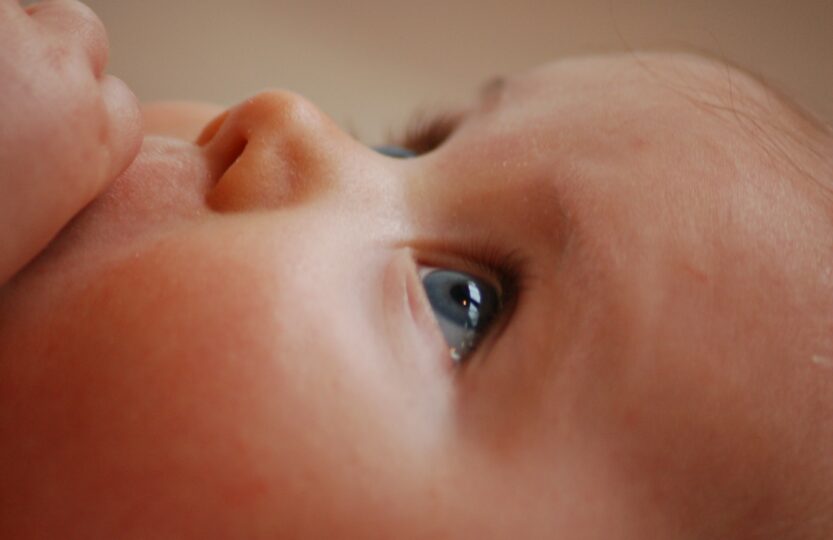
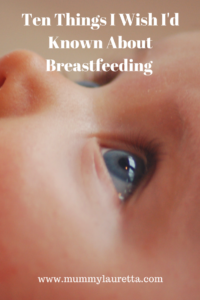
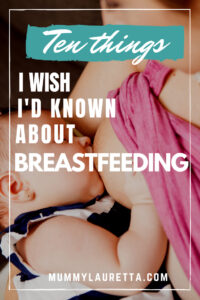
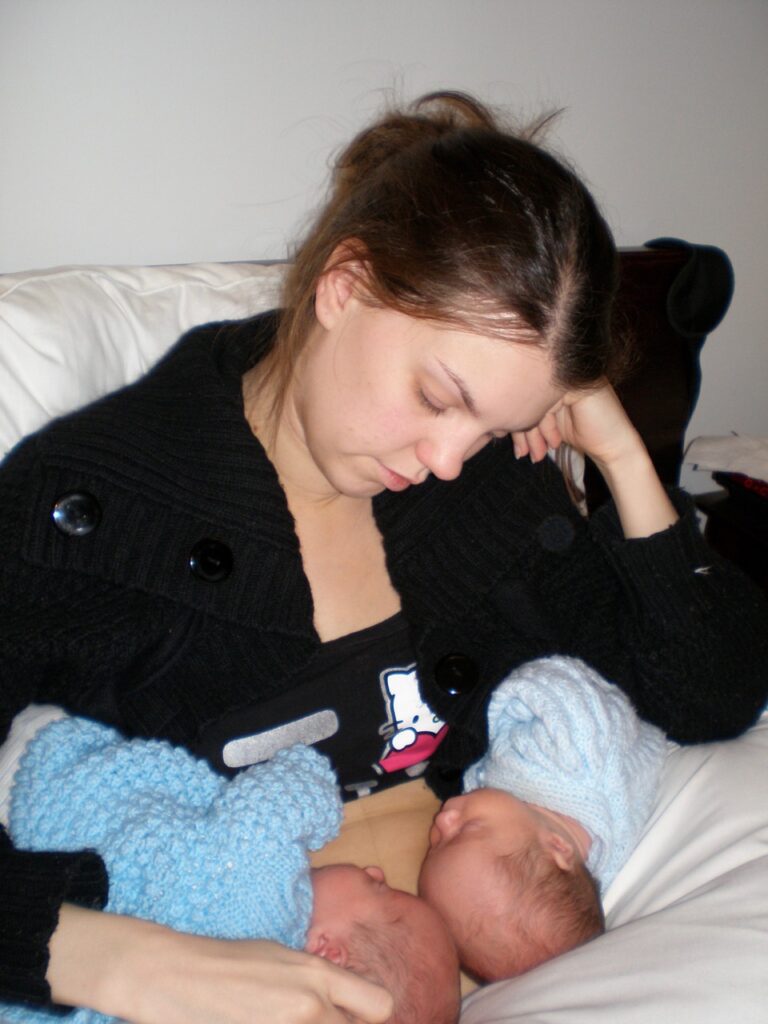
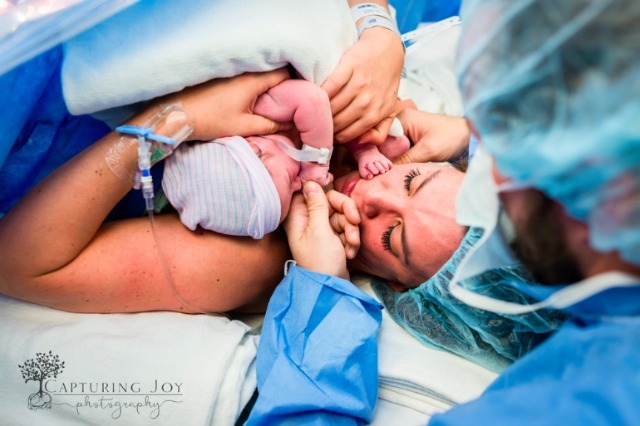


Great post! It’s so baffling isn’t it… breastfeeding is made out to be so simple and natural but the truth is many women (myself included) struggle with it, or find it painful. This post has some great information and a lot of truth. Sharing.
#TriumphantTales
Thank you so much x
Such a great post, so many people don’t talk honestly about breastfeeding and we really should. Some stuff I had no idea if it was normal and if it should be happening. Once I researched it I knew it was ok! #TriumphantTales
Thank you x
I didn’t breastfeed. This was just my personal choice, so I don’t actually know a great deal. This was really insightful and will be very useful to new Mums everywhere. Thanks for linking up to #TriumphantTales, I hope you can join me again on Tuesday.
Wow! I was aware that breastfeeding had many benefits, such as helping the baby fight off viruses and bacteria, and lowering the baby’s risk of ear infections and allergies. However, I had no idea it came with its own set of hardships. In fact, I did not even know the difference between foremilk and hindmilk before reading this article lol. Reading this served as another reminder of the many difficulties that women face after becoming a parent, which in turn, made my appreciation for everything that they do that much greater. I thank you, Mummy Lauretta, for sharing such an insightful post!
Thank you so much for your lovely comment
[…] Ten Things I Wish I’d Known About Breastfeeding […]
[…] Ten Things I Wish I’d Known About Breastfeeding […]
[…] Ten Things I Wish I’d Known About Breastfeeding […]
[…] Ten Things I Wish I’d Known About Breastfeeding […]